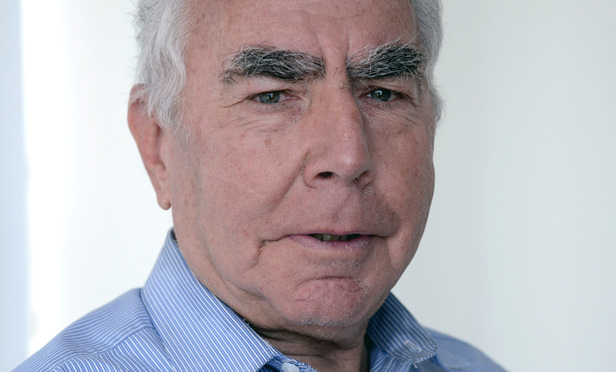Wrongful convictions are a terrible blight on the nation’s criminal justice systems. The bench and bar have been increasingly responsive to this reality. More and more convictions are being overturned on such grounds as prosecutorial and police suppression of exculpatory material, police fabrication of evidence, false identifications, perjurious testimony, and coerced and false confessions. This in turn has lead to a significant increase in filings of federal court 42 U.S.C. §1983 complaints seeking monetary relief for wrongful convictions resulting from the unconstitutional actions of law enforcement officers.
The harm to a person who was wrongfully convicted and incarcerated can never be undone. The best years of a person’s life may have been taken away. The best the law can offer at that point is monetary compensation. Section 1983 was designed to provide a remedy for, inter alia, unconstitutional deprivations of liberty. But the promise of relief under §1983 is often taken away by defenses such as the absolute prosecutorial and witness immunities, a police officer’s qualified immunity, and the §1983 rule against respondeat superior liability.
This content has been archived. It is available through our partners, LexisNexis® and Bloomberg Law.
To view this content, please continue to their sites.
Not a Lexis Subscriber?
Subscribe Now
Not a Bloomberg Law Subscriber?
Subscribe Now
LexisNexis® and Bloomberg Law are third party online distributors of the broad collection of current and archived versions of ALM's legal news publications. LexisNexis® and Bloomberg Law customers are able to access and use ALM's content, including content from the National Law Journal, The American Lawyer, Legaltech News, The New York Law Journal, and Corporate Counsel, as well as other sources of legal information.
For questions call 1-877-256-2472 or contact us at [email protected]



